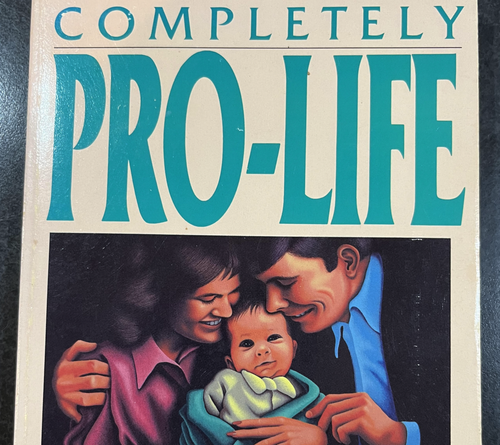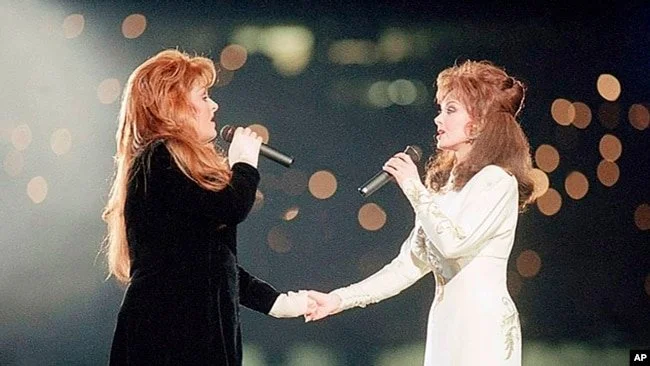Growing up in West Virginia, the Rev. Michael Clary always wondered about some of the archaic language his elders used, words like "yonder" and "reckon."
Then he learned that his grandfather -- a steel-mill worker and country preacher -- had memorized the classic King James Bible by listening to tapes during his long drives to the factory. He had a sixth-grade education and, if he couldn't spell something, he could still quote a verse that contained the word and then find it in his Bible.
All that scripture soaked in -- deep. Thus, "I reckon" wasn't just another way to say "probably." It was New Testament language, such as: "For I reckon that the sufferings of this present time are not worthy to be compared with the glory which shall be revealed in us."
These Appalachian roots caused pangs of shame during graduate school, said Clary, who leads Christ the King Church, a Southern Baptist congregation in Cincinnati.
Soon after that, "I was pastoring a fast growing church in an urban environment, and a spirit of elitism had infected us," he wrote, in a Twitter stream that went viral. "The people we felt free to mock were conservative, uneducated, backwoods fundies. … They lacked the theological sophistication and cultural insight I had acquired while doing campus ministry and studying at seminary."
The bottom line: "I had moved on. I was better than them. I was more learned and cultured. I had 'seen the world' and they hadn't."
Clary said he wrote those "words with tears in my eyes." Reached by telephone, he explained that he was facing the kinds of church tensions that arise while defending traditional doctrines in a flock located a few blocks from the University of Cincinnati. It's hard to be "winsome" -- a buzz word today -- while trying to remain faithful in a bitterly divided culture.
That's precisely why this painful, personal Twitter thread -- republished as one text on several websites in recent weeks -- rang true, noted John Stonestreet, president of the Colson Center for Christian Worldview.










